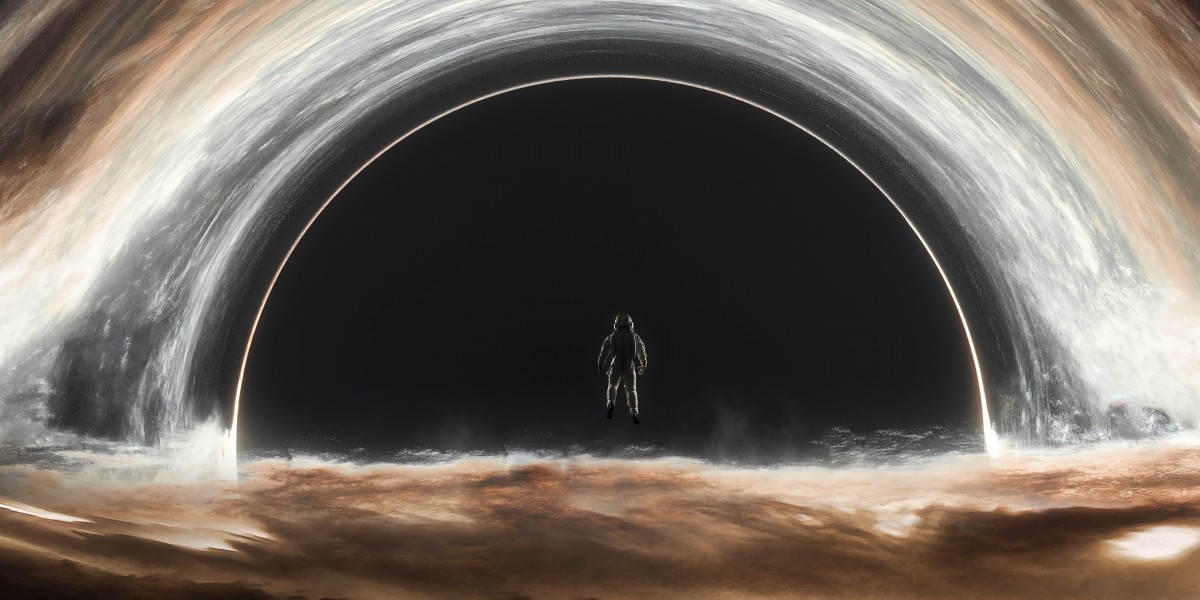Transform Your Event: The Ultimate Guide to Choosing Between Buying and Renting Lighting Equipment!
When it comes to event planning, lighting plays a crucial role in setting the mood and transforming a space. Whether you're hosting a wedding, a corporate event, or a concert, the right lighting can elevate the experience for your guests. As you embark on your event planning journey, one significant decision you'll need to make is whether to buy or rent lighting equipment. Both options have their merits, and your choice can affect not only the aesthetic of your event but also your budget and logistics. Factors such as the type of event, frequency of use, and your budget can heavily influence this decision. By carefully evaluating these aspects, you can choose the best lighting solution for your needs.
Understanding Event Lighting Needs
Different types of events come with unique lighting requirements. For instance, a wedding often calls for soft, romantic lighting that enhances the venue's ambiance, while a corporate event might require bright, focused lighting that caters to presentations and networking. Concerts, on the other hand, can benefit from dynamic, colorful lighting that complements the performance and engages the audience. As you consider your event, it's essential to assess its scale and style. A small gathering might only need simple accent lighting, while a large-scale event may require a comprehensive lighting setup that includes spotlights, ambient lights, and stage lighting. Take the time to understand the specific needs of your event to ensure that your lighting choices align with your vision.
Advantages of Buying Lighting Equipment
Investing in lighting equipment can offer several benefits, especially if you frequently host events. One of the most significant advantages of purchasing lighting is the potential for long-term cost savings. While the initial investment might be higher than renting, owning your equipment means you won't have to pay rental fees for future events. Additionally, having your own lighting allows for greater customization options. You can design your lighting setup to match the theme of your events perfectly, enhancing the overall experience for your guests. A friend of mine, who often organizes charity events, decided to purchase lighting equipment after realizing that renting was becoming costly over time. Now, he can easily adapt his lighting setup to fit various themes, which adds a personal touch to each event.
Advantages of Renting Lighting Equipment
On the flip side, renting lighting equipment can be a wise choice for those who host events infrequently or need access to the latest technology. One of the primary benefits of renting is the lower upfront costs. You can secure high-quality lighting without the financial burden of a significant purchase. Additionally, rental companies often keep their inventory updated, allowing you to use the latest lighting technology and trends for your events. This access to cutting-edge equipment can make a substantial difference in the overall ambiance. A colleague of mine recently rented lighting for a large outdoor wedding. The rental company provided stunning LED fixtures that created a magical atmosphere without the stress of maintenance or storage afterward. Renting can be particularly advantageous when planning events that require specialized lighting that you may not need for future gatherings.
Factors to Consider When Making Your Decision
When deciding between buying and renting lighting equipment, several key considerations should guide your choice. First and foremost is your budget. Evaluate how much you're willing to invest in lighting and whether it aligns with your overall event budget. Next, consider how frequently you host events. If you only plan to organize events once or twice a year, renting may be a more practical option. On the other hand, if you're an event planner or host events regularly, purchasing equipment could be more economical in the long run. Additionally, think about storage and maintenance. Owning lighting equipment requires space for storage and the responsibility of upkeep. If you lack the resources for this, renting might be the better option. Lastly, assess your expertise level with lighting setup. If you or your team have experience in lighting design, buying could be beneficial, but if you're less experienced, renting might provide the support you need.
Informed Decision on Event Lighting
In conclusion, choosing between buying and renting lighting equipment for your event is a decision that warrants careful consideration. Understanding your unique event lighting needs, weighing the advantages of both options, and evaluating key factors such as budget, frequency of events, and expertise will help you make an informed choice. Remember, the right lighting has the power to transform your event from ordinary to extraordinary, creating lasting memories for you and your guests. Whether you decide to invest in your own lighting setup or opt for rental equipment, prioritizing your event's lighting will undoubtedly enhance the overall experience.

